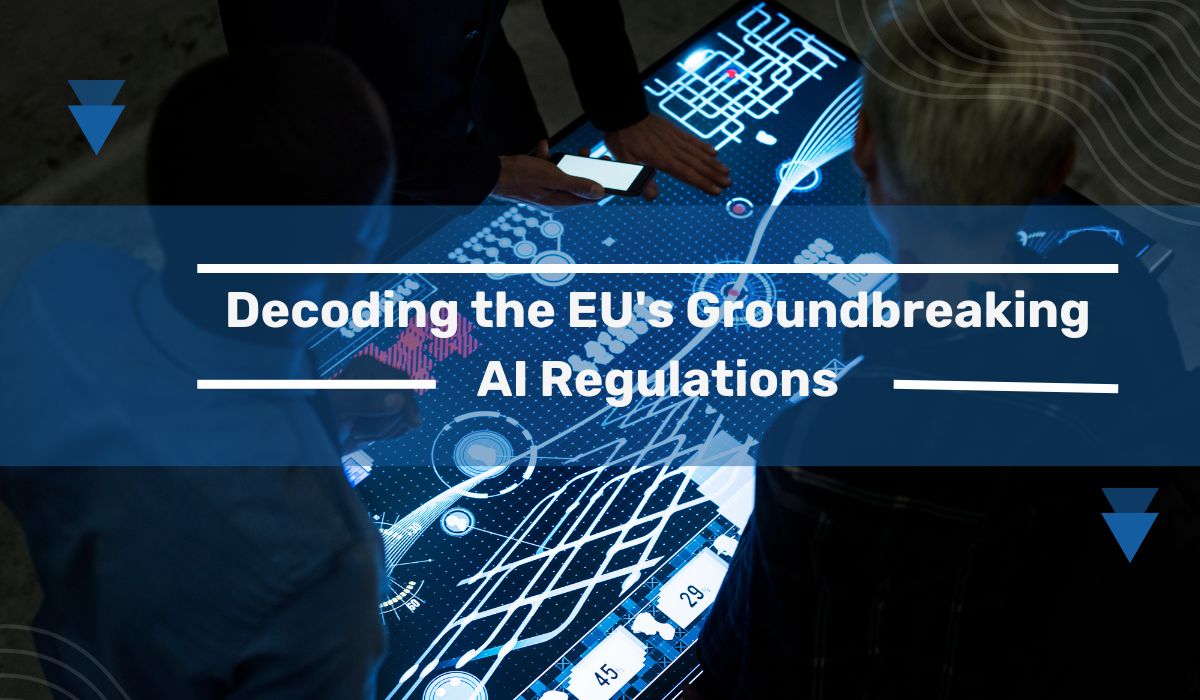
As the European Union's (EU) historic deliberations on artificial intelligence (AI) regulations reach a critical juncture, anticipation mounts for the outcome of the final round of discussions scheduled for Wednesday. The EU's ambitious attempt to craft pioneering AI rules has captured global attention, with potential implications for other nations seeking to regulate their burgeoning AI industries. However, discord persists among lawmakers and governments, particularly on issues surrounding the oversight of rapidly evolving generative AI and its application in law enforcement.A significant hurdle stems from the initial drafting of the legislation in early 2021, almost two years prior to the emergence of technologies like OpenAI's ChatGPT, a rapidly advancing AI application. Lawmakers have grappled to keep pace with the evolving landscape, attempting to address concerns related to the broad applications of AI. OpenAI's founder, Sam Altman, and computer scientists have raised alarms about the risks associated with developing highly intelligent machines that could pose threats to humanity.
Originally, the legislation focused on specific use cases, categorizing AI tools based on their designated tasks and assessing the associated risks. However, the arrival of ChatGPT in November 2022 challenged this approach, as it operates as a "General Purpose AI System" (GPAIS), designed to perform various tasks such as engaging in human-like conversations, composing creative content, and writing code.The ensuing debate centers on the regulation of GPAIS and other generative AI tools, which do not neatly fit into the existing risk categories outlined in the initial legislation. Lawmakers are now grappling with the task of revising and adapting regulations to encompass these advanced AI systems.
The EU's proposed regulations for General Purpose AI Systems include compelling companies to transparently document their system's training data and capabilities, demonstrate risk mitigation efforts, and undergo external research audits. However, influential EU member states, including France, Germany, and Italy, advocate for a more lenient approach, suggesting that companies developing generative AI models should be allowed to self-regulate to enhance competitiveness against major U.S. players.
Divisions also persist regarding the deployment of AI by law enforcement agencies, particularly for biometric identification in public spaces.
While EU lawmakers seek stringent regulations to protect fundamental rights, some member states argue for flexibility to use the technology for national security purposes. A proposed ban on remote biometric identification may be reconsidered if limited and clearly defined exemptions are introduced.If an agreement is reached on Wednesday, the EU Parliament could potentially vote on the bill later this month, but the legislation might not come into effect for nearly two years. In the absence of a consensus, lawmakers and governments may opt for a provisional agreement, risking renewed disagreements during technical discussions. Failure to secure a deal before parliamentary elections in June could delay the implementation of the legislation, jeopardizing the EU's early initiative in regulating AI technology. The global community awaits the outcome of these pivotal discussions, which could set a precedent for AI regulation worldwide.